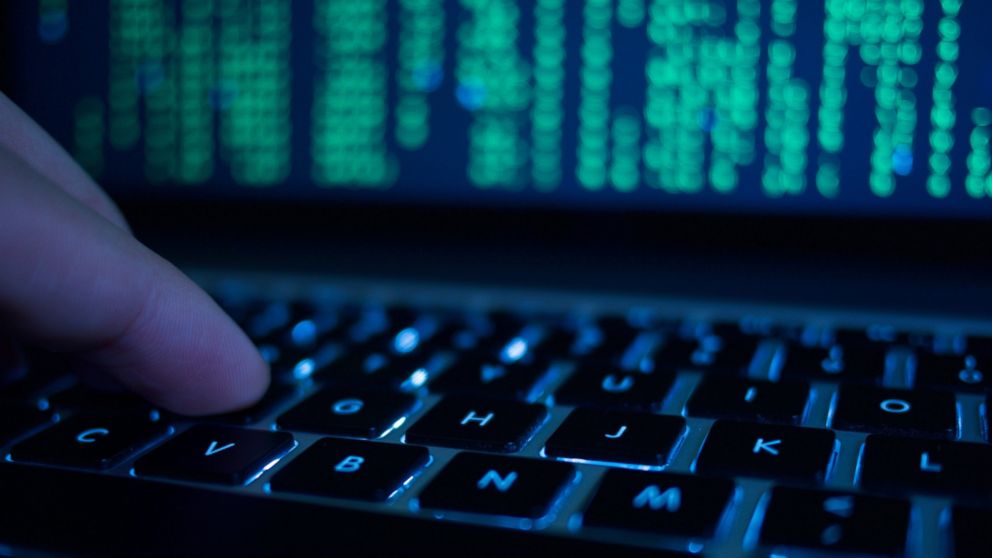Predators Exploiting Personal Info in DNC Hack
PHILADELPHIA — -- Major contributors to the Democratic Party are feeling the sting of the cyber intrusion into private Democratic National Committee donor files, which in some cases included such sensitive details as credit card and a bank account information -- details scam artists are already attempting to exploit.
Former U.S. Amb. William Eacho had it worse than most -- in addition to a private voicemail recording of him arranging a dinner with President Obama, his private contact and partial credit information surfaced online when WikiLeaks published the DNC data.
Eacho told ABC News that predators looking to take advantage of his private information went right to work after the hacked material was made public.
“I’ve already had phone calls and emails from strangers,” he said. “My wife had attempts for people trying to apply for credit cards in our names. Someone in Tennessee tried twice to apply for credit on Monday, pretending to be her.”
Eacho raised $600,000 for Obama’s 2008 campaign and was then appointed ambassador to Austria, where he served until 2013. He has continued to donate to an array of candidates, mostly Democrats, according to the Center for Responsive Politics.
Like any corporation or retail chain that is hacked, the DNC is required in most states to notify potential victims that their private information has been exposed. But state laws give the targeted party time to assess the damage first. DNC officials said they have not made that notification to most donors yet because they are still trying to determine the full scope of the breach.
ABC News analyzed some of the more than 19,000 internal DNC documents that cybersecurity firms say were likely hacked by Russians and published online by WikiLeaks. The WikiLeaks collection includes attendance lists for party fundraisers that have donor social security numbers. Some documents expose personal credit card information, and in at least one instance, a signed check for $150,000.
There are also thousands of donor files on a massive spreadsheet titled the “Big Spreadsheet of All Things,” which appears to list data about every contribution to the party, Hillary Clinton’s victory fund, and to Obama going back to 2013. The file includes email addresses and phone numbers, information that is not publicly available on FEC reports.
“If I were a hacker, this list and these emails are where I would start,” said Justin Harvey, the chief security officer for Fidelis Cybersecurity, one of the firms that helped investigate the hack of the Democratic Party. “These emails and the other information would be extremely valuable for a hacker trying to gain entry to the personal computers of a target with a phishing scam.”
There have also been untold numbers of personal emails exposed by the hack.
Josh Lahey, a principal with the Podesta Group, appears on email exchanges about coordinating the speech writing for the 2016 Democratic National Convention. The conversations are not the fodder of scandal, but they still represented an invasion, Lahey told ABC News.
“It was alarming to say the least,” he said. “You’re under the assumption that this is just a correspondence between you and the people you are talking to. A reminder that in the digital age, nothing you do or say online is private.”




